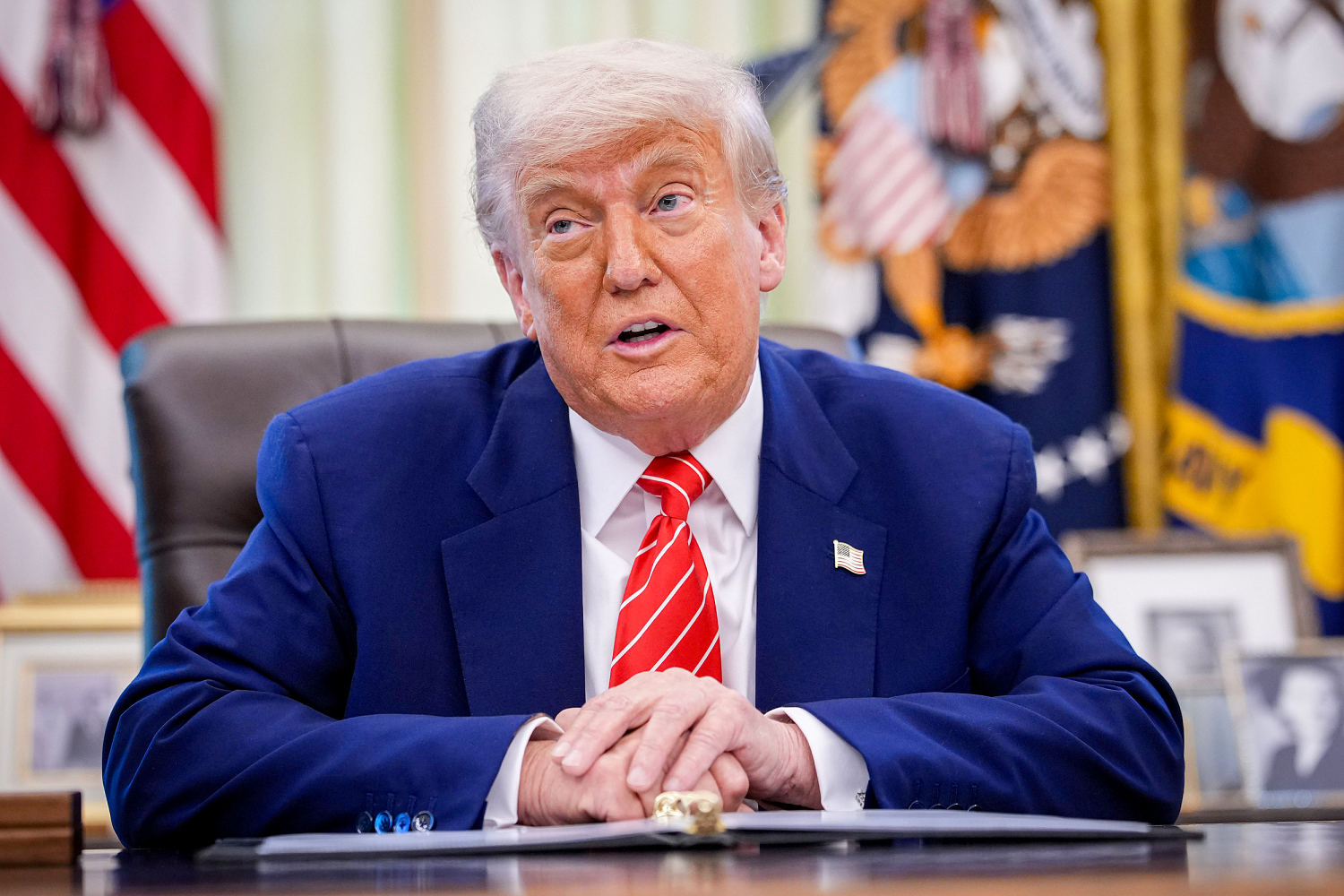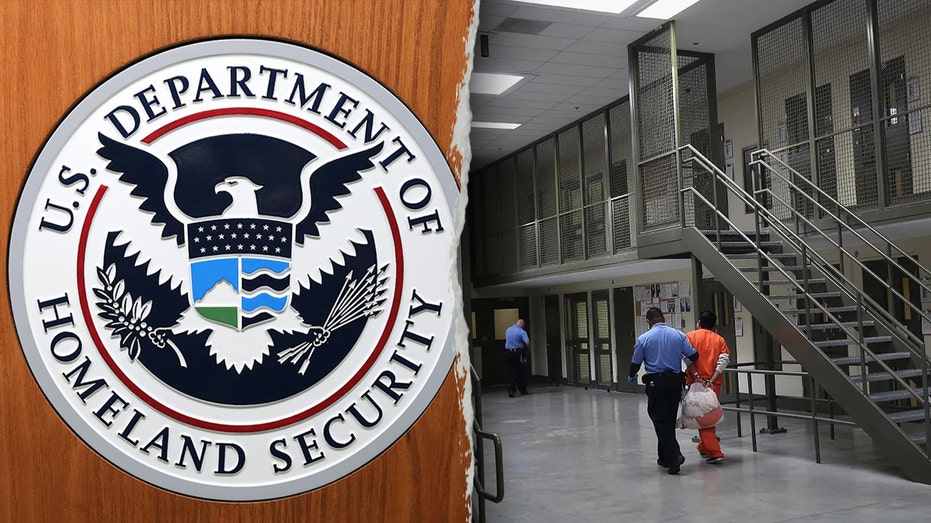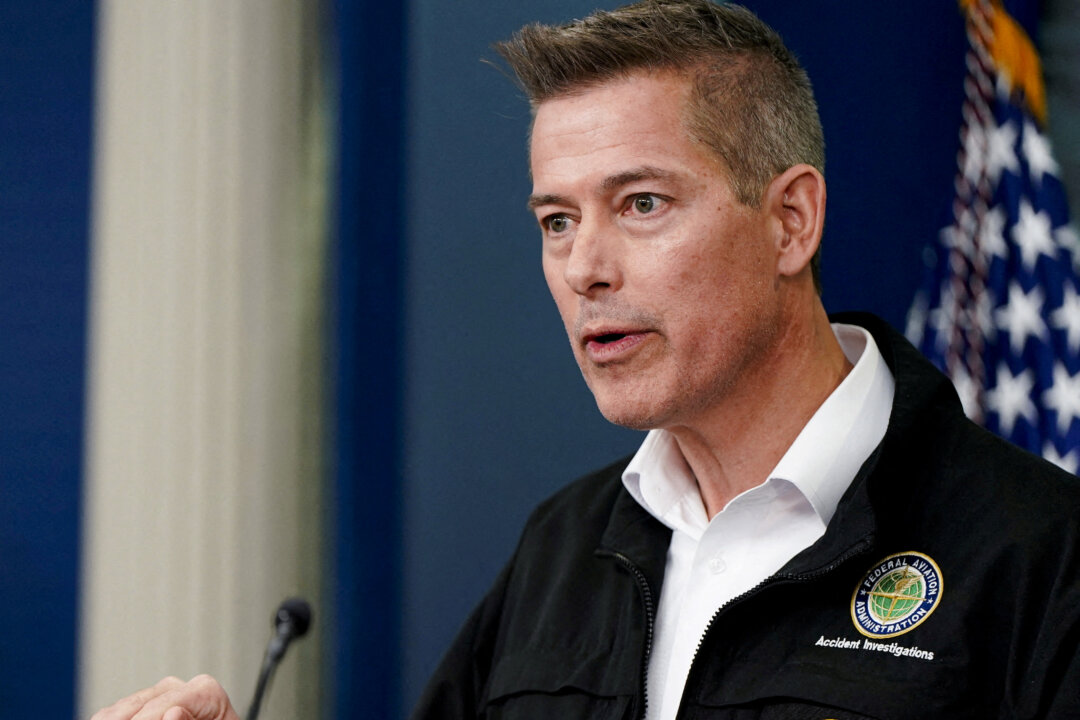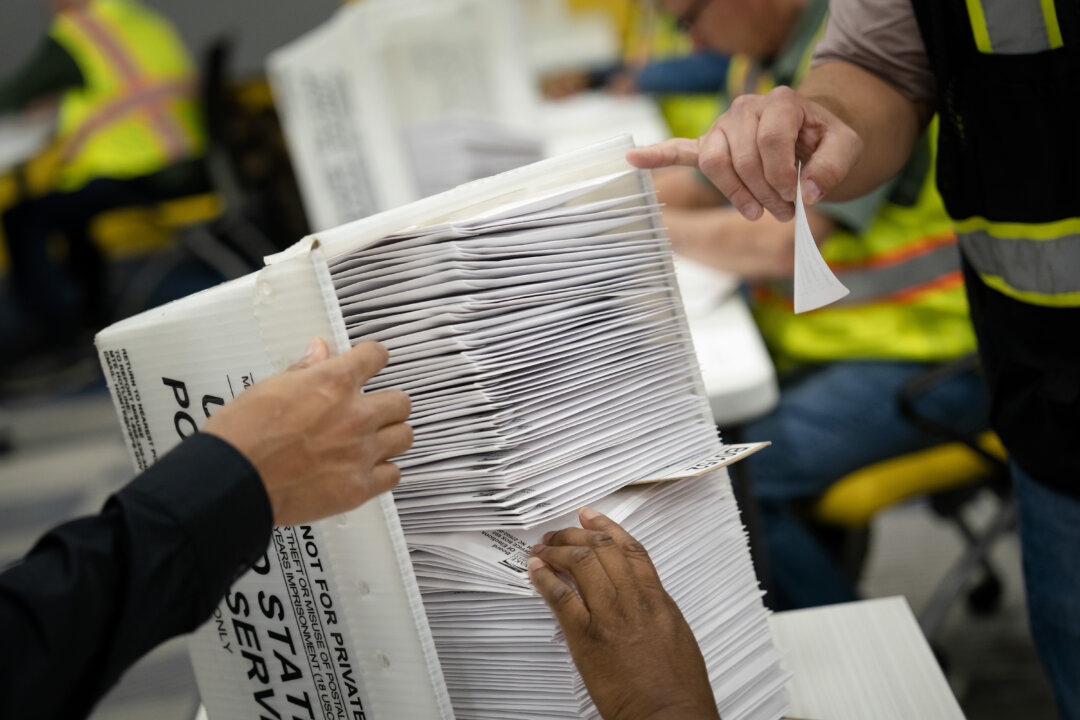Most members of the U.S. House and Senate were nowhere near Washington when a gunman went to the homes of two Minnesota state lawmakers, killing two people and wounding two others.
And that’s exactly what rattled U.S. representatives and senators. They, too, weren’t in Washington. They were home for the weekend.
Police accuse Vance Boelter of killing Democratic state Minnesota Rep. Melissa Hortman and her husband, Mark. Boelter is also accused of shooting Minnesota state Sen. John Hoffman and his wife, Yvette.
All at their homes.
And that’s exactly what rattled U.S. senators and representatives. They weren’t in Washington.
MINNESOTA LAWMAKER HAPPENED TO BE ON VACATION WHEN MASKED SUSPECT KNOCKED ON DOOR
"Minnesota was jarring because (the suspect) went after family," said one House member who has faced threats and asked for anonymity. "We’re gone 50 percent of the time. There are no lines anymore."
Congress lives in the era of doxxing. People sending pizzas to their houses – a not-so-subtle way of saying, "I know where you live." Swatting.
It freaks the lawmakers out. But what shakes the members to the core is when a threat is directed at their families. Maybe a message is sent to the school where their children attend. Looming over the Minnesota massacre is the 2017 Congressional baseball practice shooting, which nearly killed House Majority Leader Steve Scalise, R-La. Then there’s the 2011 near-assassination of former Reps. Gabrielle Giffords, D-Ariz., and Ron Barber, D-Ariz.
"We need to be proactive on our own," said one lawmaker to Fox who asked they not be identified. "Not reactive."
Rep. Hillary Scholten, D-Mich., canceled a town hall meeting with constituents this week after what went down in Minnesota.
"After being made aware that my name was on a list connected to the recent tragic shooting in Minnesota, my office has made the difficult decision to postpone our planned town hall in Muskegon," said Scholten. "Out of an abundance of caution and to not divert additional law enforcement resources away from protecting the broader public at this time, this is the responsible choice."
Officials found the names of dozens of House and Senate members on a list written by the alleged assassin.
This begs the question: can congressional security officials keep lawmakers safe?
SUSPECTED MINNESOTA LAWMAKER ASSASSIN VANCE BOELTER CAPTURED
One Democrat applauded efforts by the U.S. Capitol Police (USCP). But the lawmaker pointed out it was physically impossible for the USCP to protect all members and their families 24/7, both in Washington and in their home states or districts. USCP report more than 9,400 bona fide threats against lawmakers. USCP processed just a fraction of those threats a decade ago.
Moreover, there was zero information about the shooters at either the baseball practice or the Giffords rampage.
It’s one thing to track the "knowns." The "unknowns" are even more scary.
So what are lawmakers to do?
Capitol security officials and the U.S. Capitol Police briefed all senators on the threats they faced early Tuesday morning.
"Sobering," is how Senate Minority Whip Dick Durbin, D-Ill., described the conversation. "The threat to public officials and families is very real and very widespread."
House Minority Leader Hakeem Jeffries, D-N.Y., and Rep. Joe Morelle, D-N.Y., the top Democrat on the House Administration Committee, wrote to House Speaker Mike Johnson, R-La., about the "Members Representational Allowance" or "MRA." That’s a fund the House allocates to each member to run their office. Jeffries and Morelle asked Johnson to "substantially increase" the MRA, so lawmakers could bolster security services.
There’s also discussion about scrubbing the personal information of lawmakers from the web or approving anti-doxxing legislation.
"The increase in violence, the threats of violence against members didn't happen by accident. It happened because of the coarseness of the debate," said Senate Minority Leader Chuck Schumer, D-N.Y.
That means you can have all the security you want. But you can’t change how people think. What they decide to post online. Or where they decide to go.
Sen. Mike Lee, R-Utah, removed two social media posts about the Minnesota shootings amid a barrage of criticism from the left and the right. Lee equated the shooting to "Marxists" and insinuated that Minnesota Gov. Tim Walz (D) was partly to blame for the murders.
Sen. Tina Smith, D-Minn., tracked down Lee in the Mike Mansfield room of the Capitol Monday night to express her displeasure about the posts.
"Was he receptive to your concerns?" asked Ryan Schmelz of Fox News Radio.
"I would say he seemed surprised to be confronted," replied Smith.
Sen. Amy Klobuchar, D-Minn., also sought out Lee.
"I told him what I've said publicly. That this isn't one bit funny for my state," said Klobuchar. "Sen. Lee and I had a good discussion, and I'm very glad he took it down."
"Did he seem remorseful?" asked yours truly.
"Contrite?" questioned Lisa Desjardins of the PBS NewsHour.
"I'm not going to go into our discussion, or I wouldn't be able to get things done," responded Klobuchar. "But I will just say he took it down."
Lee later ignored a question about why he removed the posts from colleague Tyler Olson.
So lawmakers find themselves – again – trying to lower the temperature.
And find solutions.
If there isn’t action, Rep. Jared Moskowitz, D-Fla., is tinkering with forcing the House into a "Secret Session" to debate the right approach for congressional security. Such a resolution to move the House into a Secret Session needs a vote. It is also privileged. That means Moskowitz could go over the heads of House leaders and deposit the issue on the floor. The House could potentially vote to table or kill the effort.
The House has not held a clandestine session since 2008 – and only six such conclaves in the history of the republic. If members vote nay, they are on the record as opposing a secret session to discuss security.
But a consensus on what Congress wants – or if the U.S. Capitol Police has the wherewithal to handle – is a staggering proposal. The USCP is charged with protecting 535 members. What about guarding lawmakers back in their districts? And that’s to say nothing of family members.
Moreover, security officials tell Fox there was a lot of criticism by members about the current security posture – from those who don’t take advantage of current programs afforded them by the House and USCP.
"They like to complain a lot," said one Republican source who said many lawmakers failed to utilize security options.
Consider again why the Minnesota murders resonated so much on Capitol Hill.
Lawmakers are scared of stalkers and others who routinely threaten them. But it’s another level to target family members.
Some politicians run for office to attain power. Others for glory. And some, for good old public service.
CLICK HERE TO GET THE FOX NEWS APP
Their families didn’t run for anything. Their names don’t appear on the ballot. On the committee door. They aren’t on the wall in the Rayburn House Office Building.
But the names and addresses of family members are on the internet.
And that’s what freaks out lawmakers the most.
.png)
 4 hours ago
8
4 hours ago
8















 English (US)
English (US)